

A Comprehensive Guide to DeFi Portfolio Trackers in 2024
To stay on top of one’s investments, both beginners and experienced crypto enthusiasts turn to DeFi Portfolio trackers. These tools act as financial compasses, offering real-time insights, consolidated views of assets, and profit and loss calculations.
In this comprehensive guide, we'll explore the world of DeFi portfolio trackers, why they are crucial, how they operate, and where you can delve into the portfolios of major investors.
What Is a DeFi Portfolio Tracker?
At its core, a portfolio tracker is a tool designed to simplify the management of your investments.
It provides an all-in-one view of your DeFi assets, offering real-time updates on their performance and value.
These trackers serve as a financial command centre, aggregating data from various wallets, exchanges, and blockchain networks into a single, user-friendly interface.
Why Use a DeFi Portfolio Tracker?
The DeFi ecosystem comprises multiple blockchain protocols, tokens, and decentralized applications (DApps). This diversity means that investors often hold assets across multiple networks, interact with various wallets, and engage with decentralised exchanges (DEXs) on different blockchains.
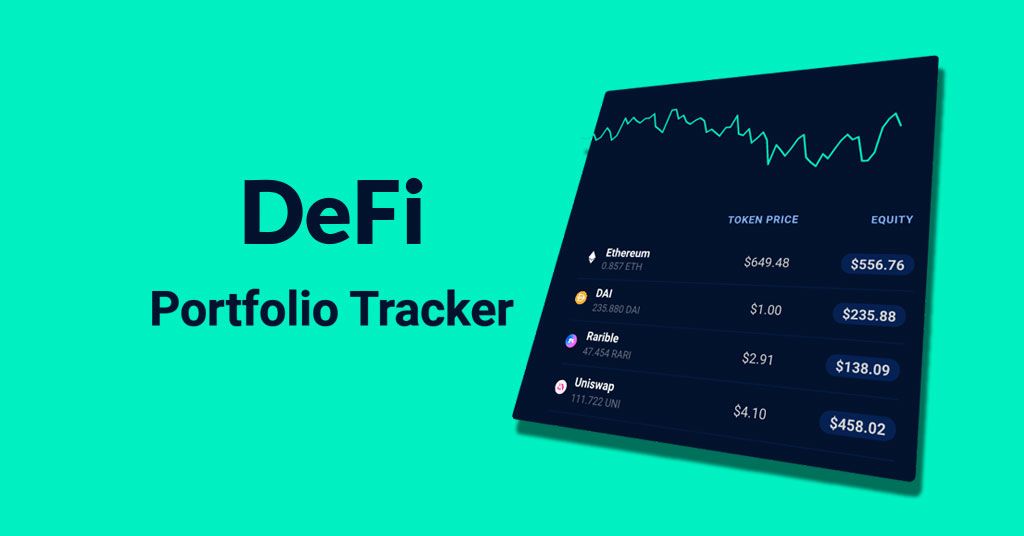
Even institutions venturing into DeFi require accessible solutions to monitor their crypto assets.
This is where DeFi portfolio trackers shine, addressing several critical needs:
Real-Time Insights:
DeFi portfolio trackers provide users with instant, real-time updates on the performance of their assets. Given the volatility of the crypto market, this feature is indispensable for making informed investment decisions.
Streamlined Analysis:
Without these trackers, investors would need to manually check multiple wallets and DEXs to assess their holdings—a time-consuming and inefficient process. Portfolio trackers streamline this by offering a consolidated view of all assets.
Profit and Loss Monitoring:
Evaluating gains and losses is fundamental to any investment strategy. DeFi portfolio trackers automatically calculate these metrics, offering a clear picture of your investment performance over time.
Where to Find Portfolios of Major Investors?
Wondering where one can peek into the portfolios of significant investors? DeFi portfolio trackers can provide insights into the holdings of prominent figures in the crypto space.
Platforms like Nansen, Zapper, and DeBank offer features that allow one to explore the wallets and investments of key players.
This not only provides valuable insights into market trends but also helps one make informed investment choices by observing the strategies of experienced investors.
How Do DeFi Portfolio Trackers Work?
So, how do these DeFi portfolio trackers work their magic? These tools are designed to connect with a variety of exchanges, wallets, and crypto services where one stores their assets.
They can integrate seamlessly with your preferred platforms, providing a unified view of someone’s entire crypto portfolio on a single screen.
Here are some key functionalities:
Real-Time Tracking:
Users can monitor the value of their investments in real-time, even across multiple networks and wallets.
Record-Keeping:
Portfolio trackers store information about past transactions, including their value and origin or destination.
Profit and Loss Tracking:
These trackers calculate profits and losses, a feature often lacking in popular wallets.
Single View:
DeFi portfolio trackers offer a consolidated view of crypto holdings, making it easier to manage crypto investments.
Compatibility:
Many of these trackers are compatible with hardware wallets, simplifying the tracking of funds stored in cold wallets.
What are the Best DeFi Portfolio Trackers in 2024?
Several DeFi portfolio tracking tools are available to meet various needs. Let's take a look at some of the top options:
Zerion:
Choosing the right DeFi portfolio tracker depends on your specific needs and preferences. Zerion excels in providing a user-friendly experience, robust security, and a wide range of supported networks.
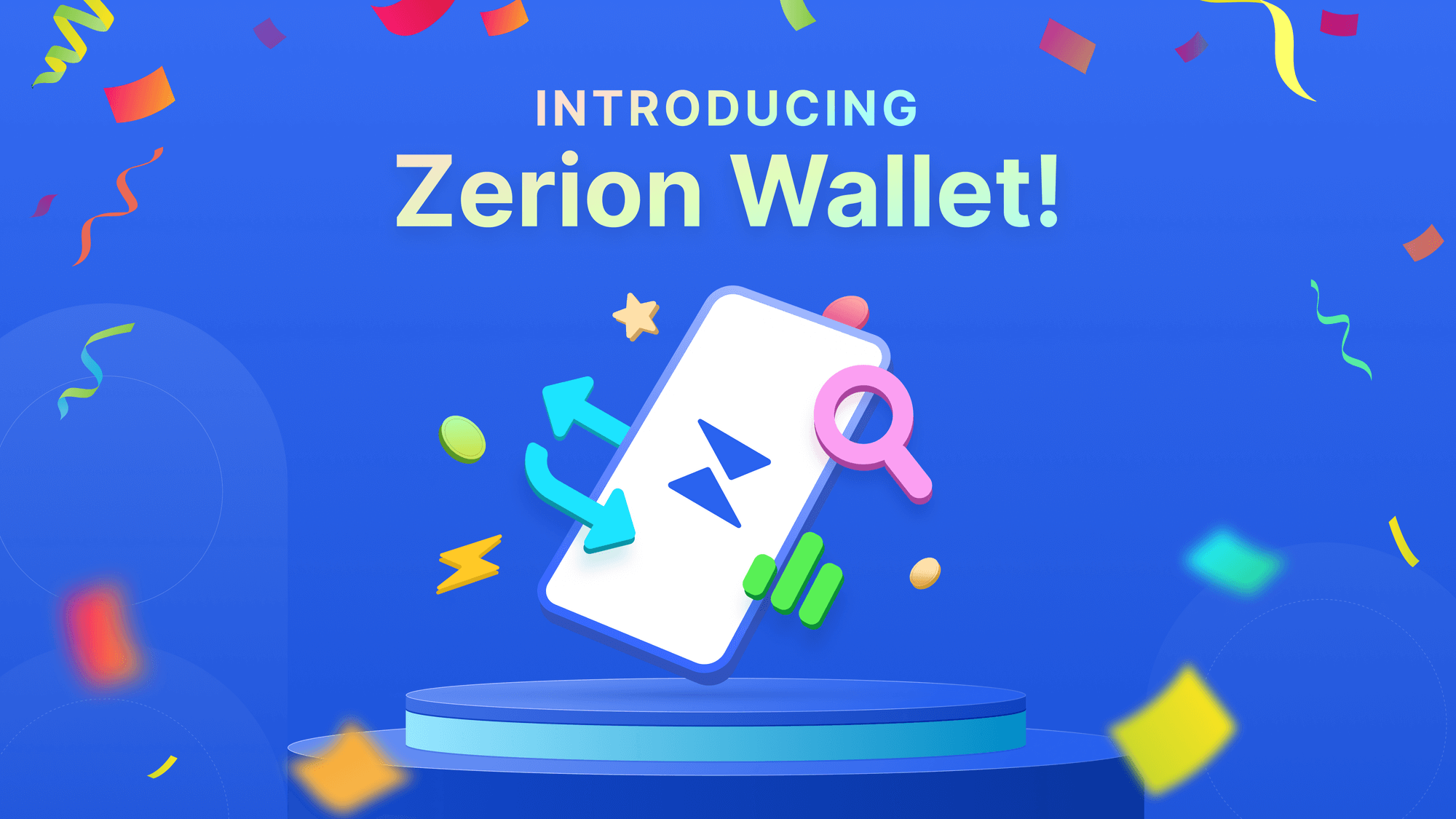
However, its Ethereum-centric approach and limitations in tracking centralized exchange assets may not suit everyone.
Pros:
Multi-Network Support:
Zerion offers the convenience of trading across more than 10 blockchain networks, including Ethereum, Polygon, and Binance Smart Chain. This expansive network support broadens your access to diverse assets.
Unified Wallet:
With the Zerion Wallet, users can effortlessly connect to various decentralized applications (DApps). This single wallet approach streamlines access to the DeFi ecosystem, eliminating the need for multiple wallets.
User-Friendly Interface:
Zerion stands out because of its straightforward and simple interface. Navigating the platform is simple, making it usable by a large audience whether you're an experienced crypto enthusiast or a newcomer.
"Social Crypto" Feature:
Zerion adds a social element to crypto management by allowing users to follow other wallet addresses, ENS handles, and NFT collections. This feature fosters community and collaboration within the platform.
Security Audits:
Zerion has taken security seriously by subjecting itself to independent audits by reputable firms like Trail of Bits and Vulners. These audits enhance user confidence in the platform's safety.
Live Price Updates:
Staying updated with real-time price information is crucial for crypto investors. Zerion provides live price updates, ensuring users have the latest market data at their fingertips.
Non-Custodial Approach:
Zerion uses a non-custodial model, with user security as a top priority. By giving users complete control over their assets, this strategy lowers the risk connected with centralised exchanges.
Cons:
Limited Portfolio Tracking:
Zerion's portfolio tracking is exclusive to non-custodial wallets. Unfortunately, it does not display assets held on centralized exchanges. Users with assets across both types of wallets may find this limitation inconvenient.
Ethereum-Centric:
While Zerion offers multi-network support, it remains primarily centered around the Ethereum ecosystem.
Zapper:
Zapper is a fintech platform based in Canada that aims to simplify DeFi asset management. It allows users to monitor their holdings and perform trades through decentralized exchanges (DEXs). Zapper has garnered significant attention, raising an impressive $17 million in funding for product development.
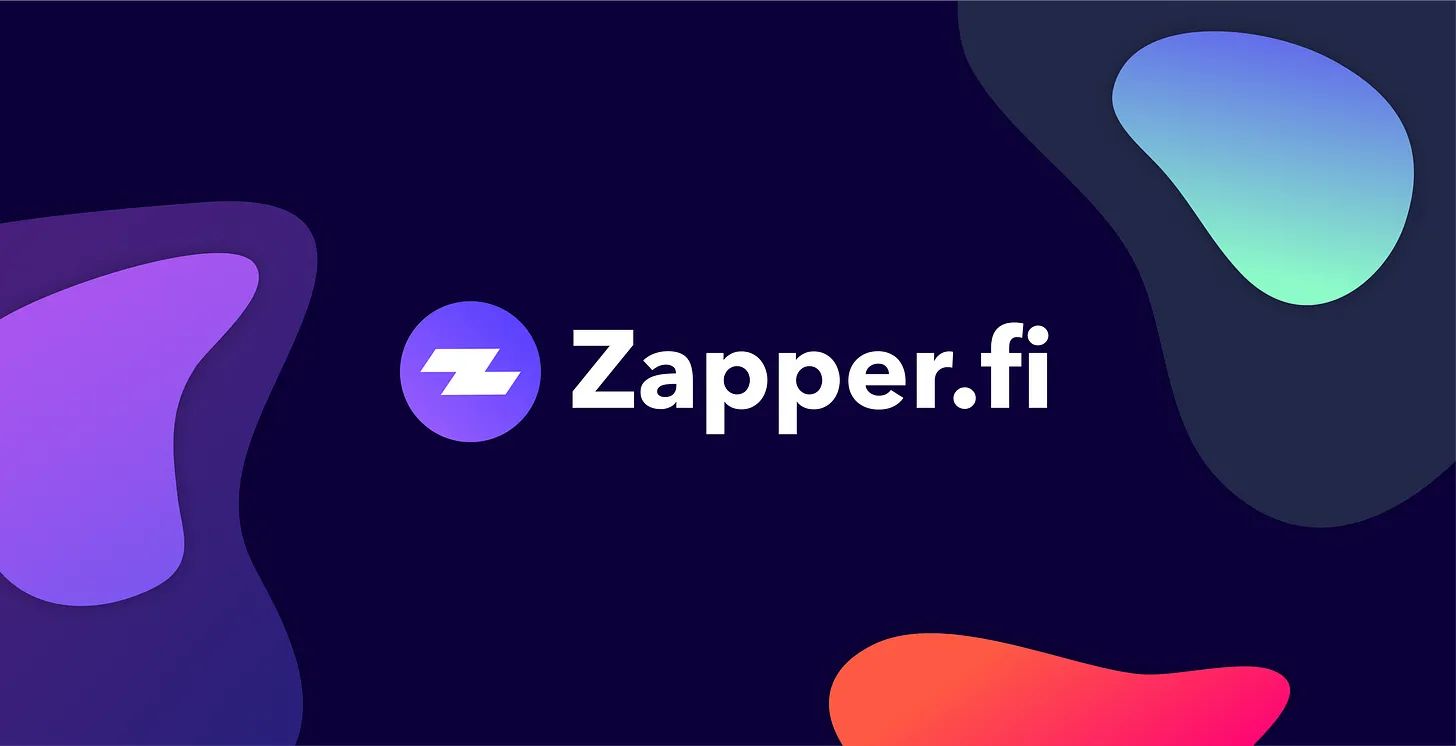
Pros:
User-Friendly Interface:
Zapper boasts a simple and intuitive user interface, making it accessible to both newcomers and experienced DeFi enthusiasts.
Categorization:
One of Zapper's standout features is the ability to categorize investments into protocols, platforms, and networks.
Wide Network Support:
Zapper supports cryptocurrencies from 11 different networks, including Ethereum, Polygon and BNB Chain.
Bridge Functionality:
Asset transfers between supported chains are simplified with Zapper's bridge feature, streamlining the process for users.
Pool Integration:
Zapper seamlessly integrates with various DeFi pools, including SushiSwap, PancakeSwap, and Curve, allowing users to deposit their assets easily.
Basic Token Swapping:
Zapper offers a straightforward token swapping interface for users looking to make quick exchanges.
Cons:
Limited Blockchain Support:
Zapper's primary limitation, just like Zerion, is its exclusive focus on the Ethereum ecosystem, lacking support for other blockchains.
DeBank
DeBank is a DeFi portfolio tracker that stands out for its comprehensive data offerings, multi-chain support, and asset-swapping capabilities. It empowers users with the tools they need to navigate the complex world of decentralized finance.
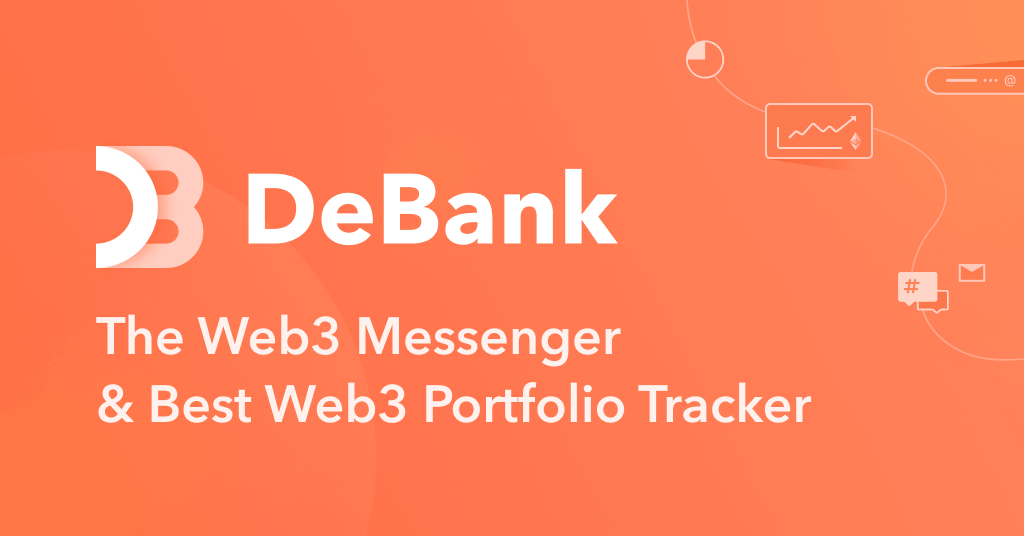
If you value extensive data analysis and multi-chain compatibility, DeBank may be a strong contender. Before going ahead with DeBank, check out the pros and cons.
Pros:
Comprehensive Data and Analytics:
DeBank shines in providing data and analytics for a wide range of DeFi protocols, including decentralized lending, stablecoins, margin trading, and decentralized exchanges (DEXes). This feature empowers users with the information they need to make informed investment decisions.
Multi-Chain Support:
DeBank offers compatibility with a variety of blockchain networks, such as Ethereum, Binance Smart Chain, Polygon, Fantom, and more. This extensive multi-chain support ensures that users can track their assets regardless of the blockchain they are on.
Asset Swapping:
DeBank's "DeBank Swap" tool allows users to compare on-chain prices across different DEXes, ensuring that they get the best possible prices for their asset swaps. This feature can potentially save users money and increase their returns.
Flexible Wallet Integration:
Users can conveniently track their portfolios by connecting various wallets, including MetaMask, Rabby wallet, Coinbase wallet, or by entering an Ethereum address supported by the Ethereum Name Service (ENS). This flexibility makes it easy for users to manage their assets.
Cons:
No Demo Available:
DeBank's notable drawback is the absence of a demo version. Without a demo, potential users may find it challenging to explore the platform's features and interface before committing to it.
Limited Resources:
The platform also suffers from a lack of available resources, making it difficult for users to access educational materials and support when needed.
Data Inaccuracy Concerns:
One article raises concerns about the accuracy of data extraction, particularly regarding user statistics. This could impact the reliability of certain data points provided by DeBank.
Coinstats:
CoinStats is a widely recognized platform with over 1.2 million users, positioning itself as the "All-In-One Platform for Managing All Your Crypto and DeFi Assets." Based in Armenia, it has raised $4.4 million in funding.
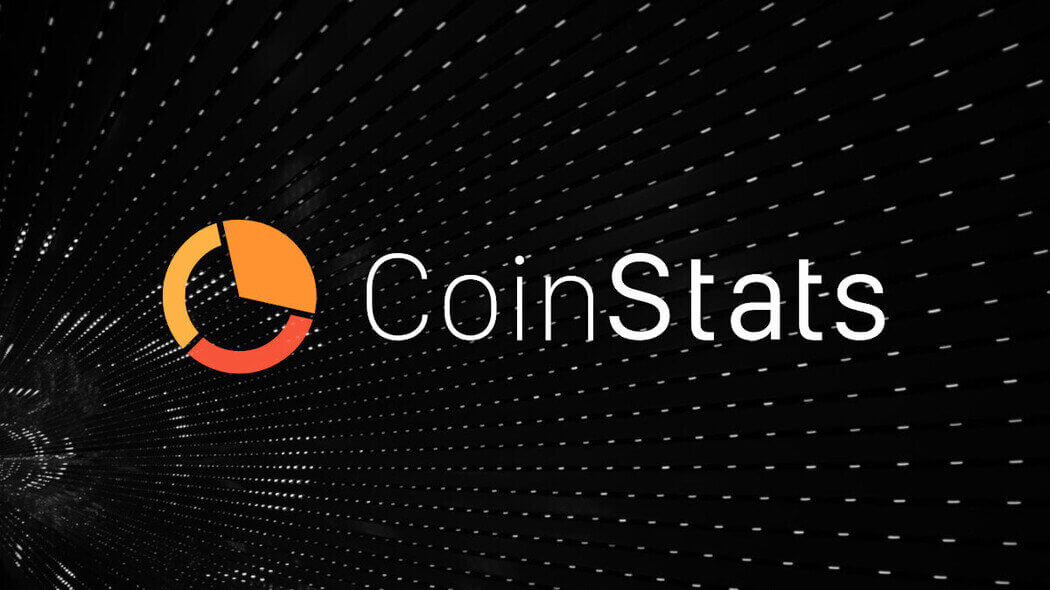
Pros:
Diverse Portfolio Management:
CoinStats excels at managing extensive and varied portfolios comprising different cryptocurrencies and DeFi assets.
Extensive Platform Support:
The platform boasts compatibility with more than 70 platforms, including popular ones like Binance, Metamask, Coinbase, and many more.
In-Depth Market Insights:
CoinStats provides detailed market insights and tracking tools for Bitcoin and over 8000 other coins, helping users make informed decisions.
Customized Crypto News:
It aggregates crypto news from 40+ sources and personalizes the presentation to match user preferences.
Transaction History Analysis:
Users can gain insights into past transactions, including profit and loss (P&L) analytics.
Fiat-to-Crypto Purchases:
CoinStats facilitates the purchase of cryptocurrencies with fiat currency through credit card transactions.
Multi-Device Accessibility:
It's accessible on laptops, desktops, and mobile devices, offering flexibility and convenience.
Cons:
Subscription Fee:
After a 7-day free trial, CoinStats requires users to subscribe at a cost of $9.99 per month, billed annually unlike the ones shared above which are Free-To-Use.
Delta
Delta, founded in 2017, has evolved into a versatile investment tracker used in over 115 countries, with more than 3 million downloads.
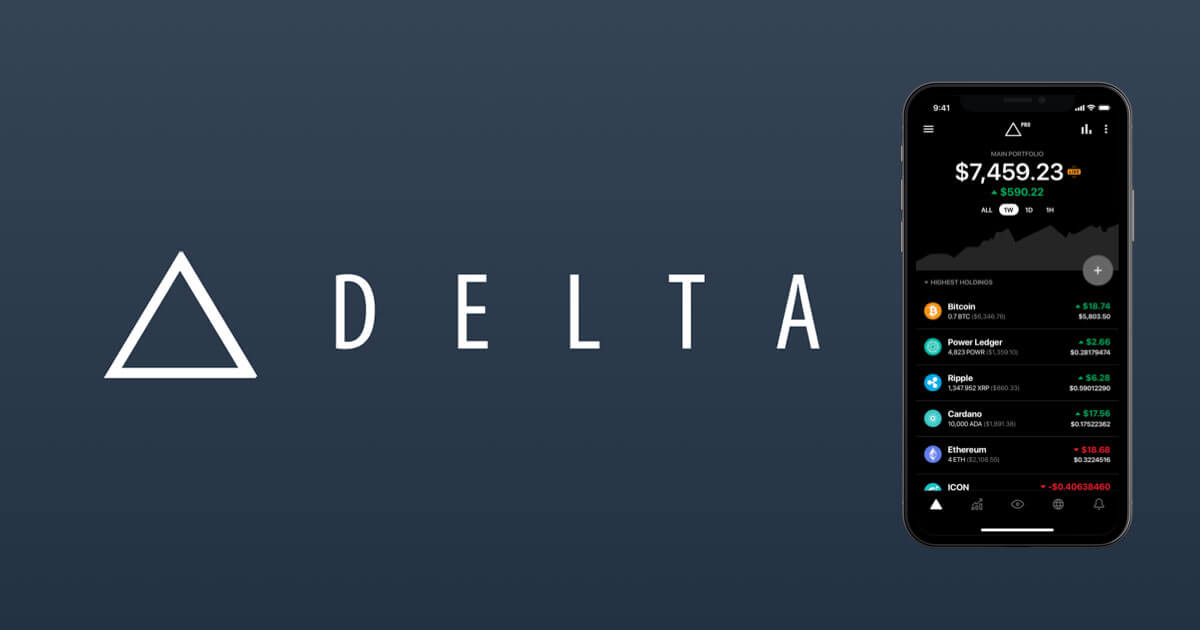
In 2019, it was acquired by eToro, a prominent global investment platform. Real-time access to price changes throughout various asset classes is what makes Delta interesting.
Pros:
All-in-One Solution:
Delta simplifies the lives of investors by offering a unified platform to track stocks, cryptocurrencies, and other investments. No need to switch between apps.
Extensive Cryptocurrency Support:
With Delta, you're not limited to just Bitcoin and Ethereum. It covers over 7000 altcoins, ensuring you stay updated on the entire crypto market.
Wide Exchange Support:
Delta supports more than 300 exchanges, including heavyweights like Binance, Kraken, and Bitstamp. It means you can monitor your investments wherever you trade.
Portfolio Insights:
Stay informed about your investments with Delta's portfolio balance and total Profit and Loss (P&L) metrics. Get a snapshot of your performance over the last 24 hours or since you started investing.
Market Trends:
Delta's market overview and watchlist features help you keep an eye on the latest trends and price changes, allowing you to make informed decisions.
Multiple Portfolios:
Managing different investment portfolios is a breeze with Delta. Whether you're tracking personal holdings or managing portfolios for different clients, Delta accommodates it all.
Cons:
Subscription Cost:
Delta PRO comes at a price, with a monthly cost of $8.99 or an annual subscription of $59.99. While it offers great features, this cost may be a consideration for some users.
No Trading Within the App:
It's essential to note that Delta doesn't support trading within the app. Users must execute their trades on the respective exchanges they are tracking through Delta.
Mobile-Only:
As of now, Delta is exclusively available as a mobile app, lacking a desktop version. This could be a limitation for those who prefer managing investments on a computer.
Conclusion:
In the dynamic world of DeFi, where opportunities abound, DeFi portfolio trackers are your indispensable allies. They offer real-time insights, streamlined analysis, and profit and loss tracking, simplifying your investment journey.
Whether you're an experienced investor or just entering the DeFi landscape, these tools provide the clarity and convenience needed to navigate the complexities of decentralized finance.
So, explore the options, choose the one that aligns with your strategy, and let your DeFi portfolio tracker be your guiding light in the crypto universe.
In Short, DeFi Portfolio Trackers are one of your best DeFi Investment Allies!
Image credits: Zerion; Golden; Publish0x; DeBank; CoinCodex; CryptoSlate; CoinGuides.
(Read More: Killer Whales, Web3's Shark Tank)
